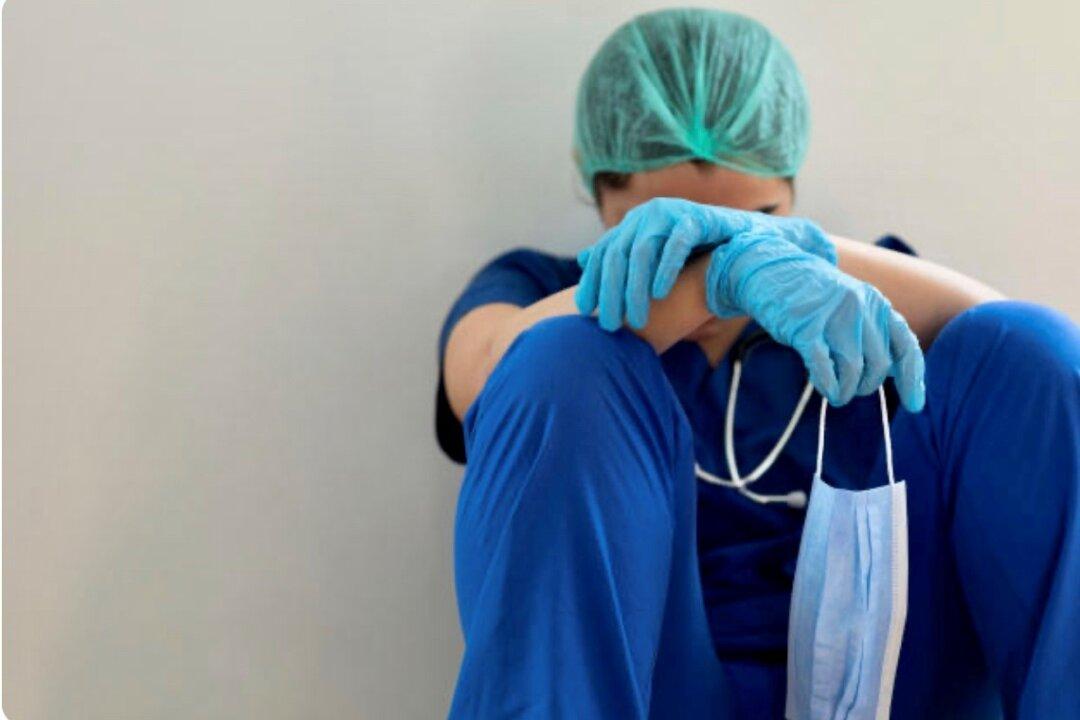Peggy Lillis was a healthy single mom raising two boys and working extra jobs on the weekend. All that ended on April 21, 2010, when an ICU doctor told her son Liam that his mom, who had been healthy just a week earlier, was dead from a Clostridioides difficile infection (CDI).
CDI is a colon infection associated with antibiotic use and caused by the bacterium Clostridioides difficile (C. diff). Each year in the United States, C. diff infects about 500,000 people and kills approximately 29,000.




